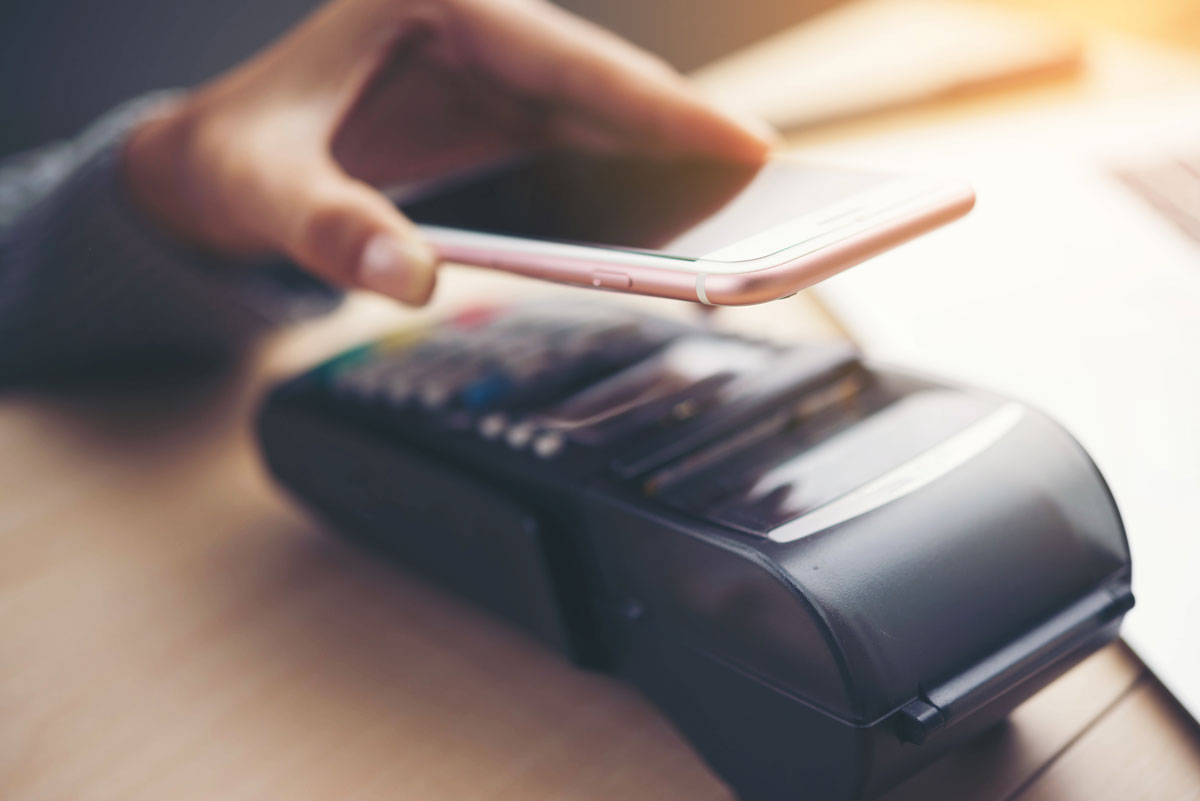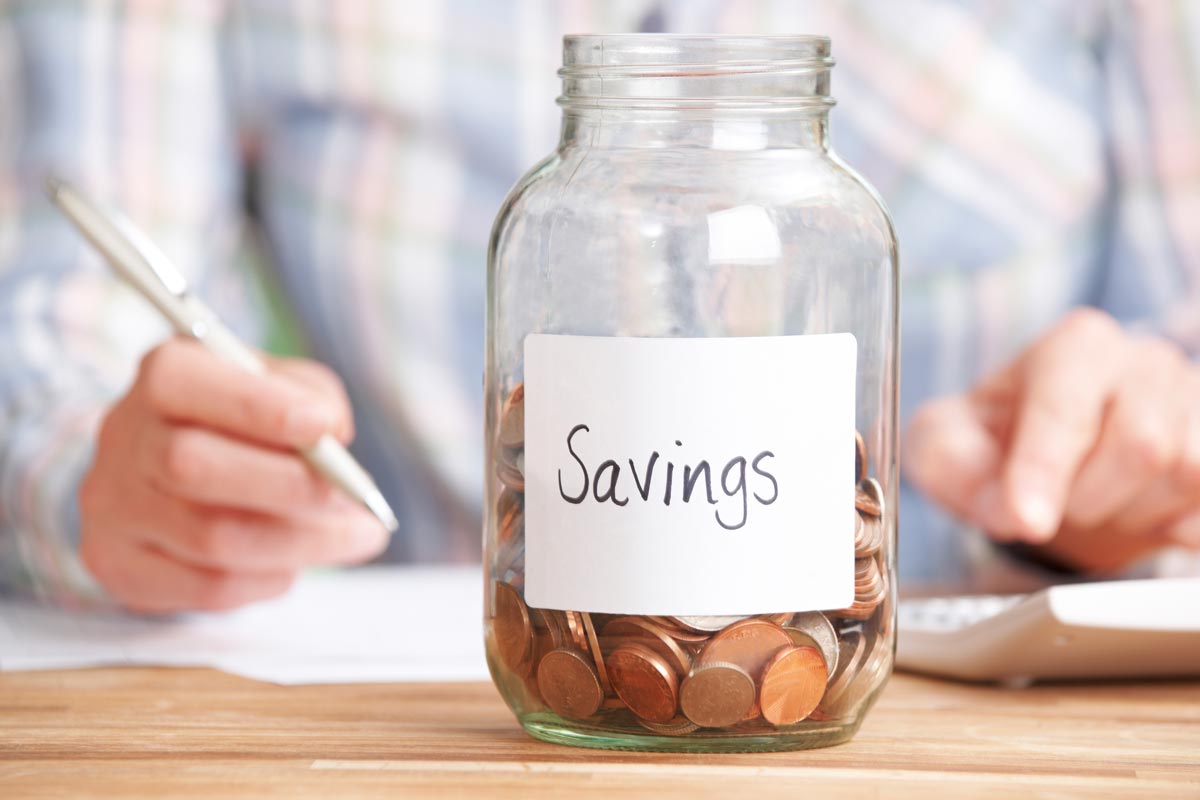As our world grows increasingly digitized, more and more consumers are banishing the cash and coins from their wallets and choosing other ways to pay for their purchases. There’s no lack of alternative payment methods today, from credit and debit cards; to electronic payment apps like Zelle, PayPal and Venmo; to mobile payment wallets like Apple Pay and Samsung Pay; to cryptocurrencies like bitcoin. You may be thinking about following the masses and getting rid of your cash. Or maybe you’re wondering if every transaction in the country will soon be digitized.
We have answered all of your questions about going cashless on a societal and personal level.
What if the entire country went cashless?
Futuristic as it sounds, many people believe our country will soon be completely cashless. They point to the growing number of consumers who rarely touch cash, and claim it won’t be long before the government discontinues the printing of paper money. If that happens, cash would have no value and every vendor, from plumber to dry cleaner to pizza deliverer, would need to have a way to process electronic payments.
Pros and Cons
In truth, there’s no indication of the government considering this move anytime soon, but, if it ever comes to pass, society would be deeply affected on many levels.
Here are just a few ways society stands to gain by eliminating cash:
- No anonymous transactions for funding black markets. Most illegal transactions, like the purchase of recreational drugs and unlicensed weapons, happen with cash. Digital transactions always leave a trail, and getting rid of all paper money can significantly curtail the viability of these black markets.
- Fewer white-collar crimes. Similarly, money laundering and other white-collar crimes will be more difficult to pull off without the availability of cash.
- No cash management. Printing money, storing it and transferring large amounts of cash all costs money. These expenses will be eliminated along with cash.
- Easier international payments. If every developed country accepted cashless payments, there’d be no need to exchange your money for local currency when you visit a foreign country.
On the flip side, there are serious concerns associated with the possibility of a completely cashless society. Here are just a few of them:
- Increased risk of fraud. With everyone paying for every purchase through digital means, hackers have a much wider pool of victims to choose from. Plus, if your accounts are hacked in a cashless world, you’d have no way to pay for anything.
- Lack of privacy. When every transaction happens online, your personal choices are no longer personal.
- Inequality. A cashless society is unfair to the poor and unbanked. Without mobile devices for digital payments, or even a credit card, they’d have no way to make purchases.
- Extra fees. While eliminating cash management might save some money for businesses and financial institutions, there’s no guarantee that payment processors and peer-to-peer payment apps won’t cash in on their sudden rise to significance and start charging higher fees for every transaction.
On a personal level
Regardless of whether the country goes cashless anytime soon, you can decide to lighten up your wallet and pay for every one of your purchases with a mobile wallet or debit or credit card. You may choose to do so for the incredible convenience of cashless payments, or maybe you like the way you can effortlessly track your expenses with cashless payments.
However, before you get all hung up on the idea of going completely cashless, consider these important personal benefits of holding onto some of your cash:
- Spend less. Multiple studies show that most people spend less when paying with cash. One such study, performed by MIT and published by Carnegie Mellon Magazine, proved that card-swiping diners spent 42 percent more in a fast-food place compared to cash spenders.
- Cash is free. Card transactions and digital payments often come with fees to help the retailer offset their cost of the transaction. Cash, however, is always free to use. Some retailers, like gas stations, even offer a discount for consumers paying with cash.
- Some vendors only accept cash payments. You may not be able to shop everywhere or use the services of every vendor if you go completely cashless.
- Cash always works. Cards and digital payment processing rely on electrical power and/or internet service. Cash always works, and it can really come in handy in case of a power outage. If you went completely cashless, something as simple as a dead phone battery could render you penniless.
- There’s no risk of fraud. The worst thing that can happen to you when you’re carrying cash is getting pickpocketed and never seeing that money again. Contrast this to the very real risk of identity theft that every card transaction inherently carries and it’s a no-brainer: Cash is generally the safer way to pay. (Of course, care should be taken to conceal your cash and keep it in a safe place away from nimble fingers.)
Right now, the future of cash is anyone’s guess, but as our society grows more digitized, cash is becoming increasingly obsolete. Whatever personal choice you make about carrying cash, consider the various safety factors involved before making your decision.



